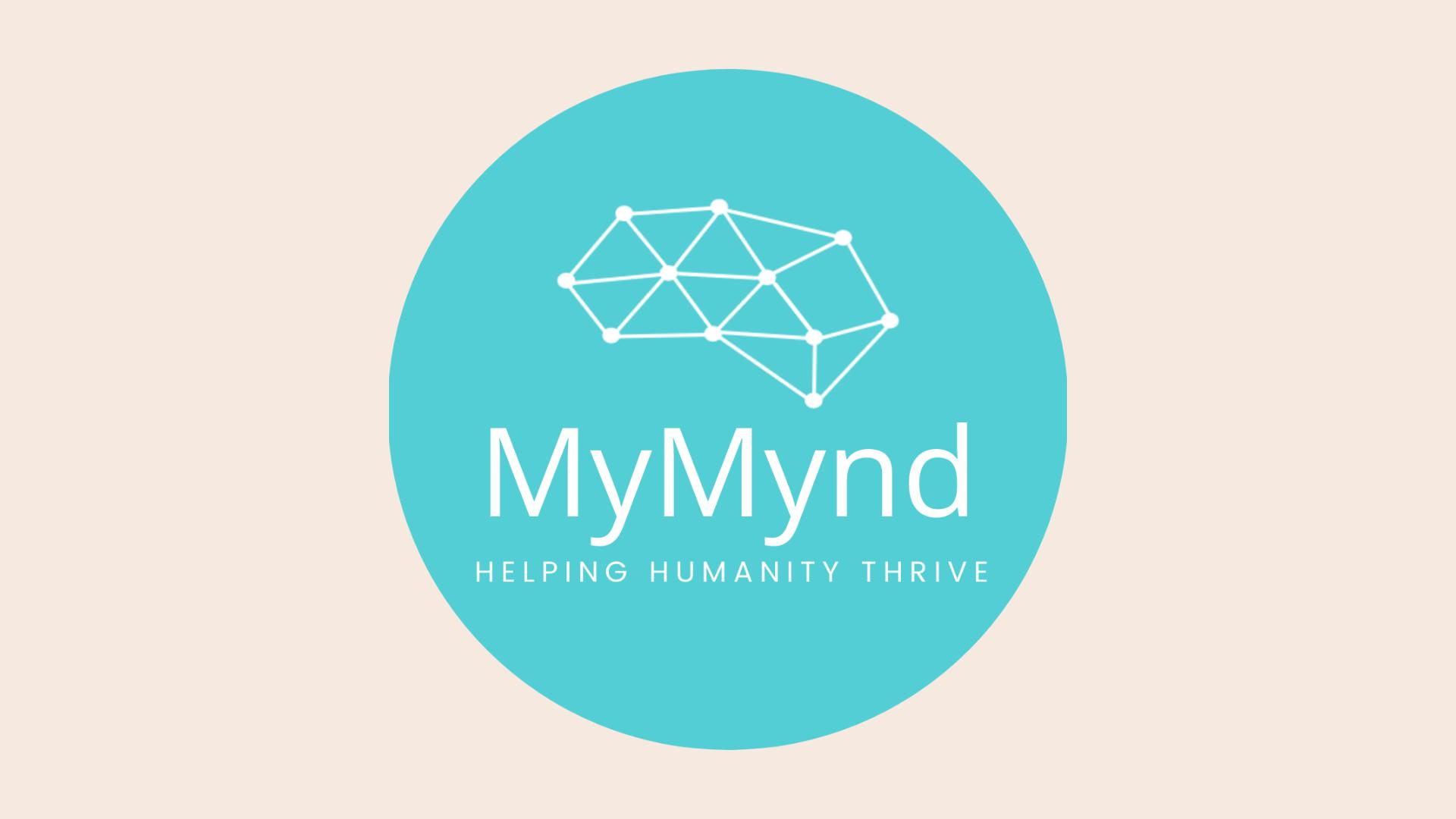What are Social Relationships?
People are social beings. We desire to be close to others, to connect and to form strong and enduring bonds. These can be with our friends, family, neighbours, partners, colleagues, team mates – anyone, really. As we get older, maintaining social connections becomes more difficult and takes more effort. We get busy, life gets in the way and before we know it we’ve fallen out of touch with people.
Improving our relationships is important as having positive Social Relationships is one of the most consistent factors in living a happy life. Connecting with others is essential to our mental wellbeing and has even been linked to various physical health benefits.
This module will guide you through various strategies designed to help you improve your social connections. Alongside explanations, you will be given practical tools you can use to foster positive Social Relationships, combat loneliness and live a happier life.
Please note that everyone differs in terms of their sociability. Many people choose not to interact with others and are comfortable with their choice. For others, a lack of social connection may be due to personal difficulties such as depression, anxiety or trauma; or behaviours that are causing problems with communication e.g. shyness.
It is important that you understand for yourself whether or not you are happy with your social life. For this reason it is important that you look at your overall report. If Social Relationships is the only indicator in the concern range, you might not experience significant distress. However, if there are other indicators that are flagged as a concern, your perceived lack of social connectedness could be contributing to any distress.
Why working on your Social Relationships is important
Positive Social Relationships have been linked to the following:
Reduced stress
The social and emotional support from a partner can serve as a significant protection from stress. Being in a close relationship has been associated with less production of cortisol, a stress hormone.
Healthier lifestyle
It is much easier to stick to healthy habits if others around you do the same. Our social connections can for example encourage us to exercise, eat a healthy diet and drink or smoke less.
Longer life
Research suggests that greater involvement in social connections has a big impact on your lifespan. This might occur through the before-mentioned mechanisms, i.e. less stress, healthier behaviours and better coping.
Greater sense of purpose
As humans we have the desire to feel connected and to be a part of something ‘bigger’. Social connections provide us with such feelings of ‘belonging’ and greater purpose.
What to do when you are feeling socially excluded
If your MyMynd assessment score for the Social Relationships indicator was in the some concern or high concern range, you may frequently perceive yourself to be isolated, excluded or ignored. If this is the case, you might want to read more about these feelings and how to tackle them below.
Many of us can recall occasions where we have felt left out; like we have deliberately been excluded or not invited to something. For example, work colleagues going to lunch without us. Feeling left out can hurt and it makes us question the reasons why someone else would make us feel this way:
- Are we not good company?
- Have we said or done something wrong?
- Do they not want to be our friend?
Over time you may find yourself dwelling on these questions, leaving you feeling sad, angry and/or confused. Fortunately, there are various strategies that you can use to help you become aware of these feelings and practice a more balanced perspective:
How can you improve your Social Relationships?
Improving your relationships with others
Many adults find it hard to form new friendships or to keep up with existing friends. Socialising is not always among our first priorities, as our days are often filled with other things such as going to work, caring for children or other family members, completing housework and so on.
The first step towards improving your social relationships involves becoming aware of the areas of your life where you are struggling to make or maintain connections and the possible reasons why this is the case. From there, you can begin to challenge your perspective and change your behaviours accordingly.
Improving your relationship with yourself
Having a positive relationship with ourselves helps us build on traits that will inevitably help us in our relationships with others. It also enables us to thrive in our own company rather than merely surviving in it. This is important because we all spend time alone – no one is surrounded by friends 24/7.
The relationship you have with yourself is one of the most important relationships, and certainly the longest relationship, you will ever have. It is also the one that a lot of people struggle to embrace. A good starting point for nurturing this relationship is to regularly practice self-compassion and self-care.
Tools for improving your relationships with others
Tools for improving your relationship with yourself
More resources
Try other areas within MyMynd that are closely related to Social Relationships.

